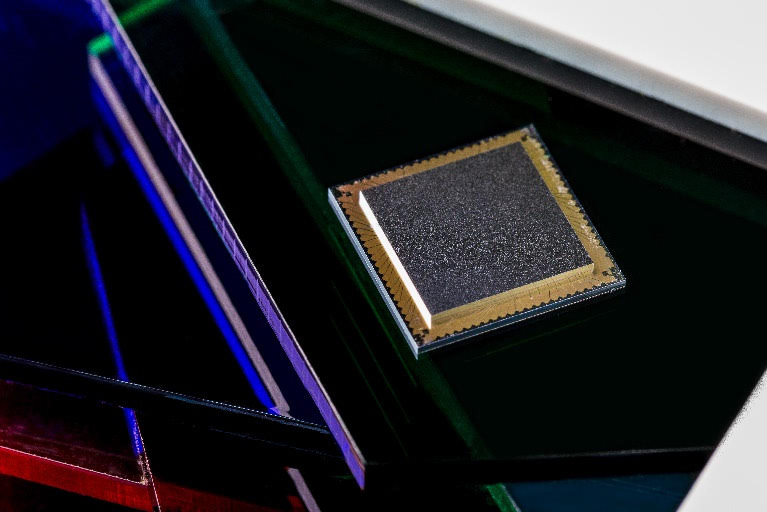IQM Quantum Computers Achieves a New Benchmark Result on 20-Qubit Quantum Computer

Insider Brief
- IQM Quantum Computers announced the latest benchmarks measured on its 20-qubit quantum computer.
- The company said the results demonstrated technology capabilities and delivered the goal of driving large-scale commercial quantum adoption.
- The chip is based on IQM’s tunable-coupler concept , enabling fast two-qubit gate speed and state-of-the-art fidelity.
PRESS RELEASE — IQM Quantum Computers, a global leader in building quantum computers, has achieved its latest benchmarks measured on its 20-qubit quantum computer, demonstrating technology capabilities, and delivering the goal of driving large-scale commercial quantum adoption.
At the core of quantum computing technology is the challenge of achieving quality and scale at the system level. The recent advances were achieved by bringing together key technology building blocks, including the Quantum Processing Units (QPUs) fabricated at IQM’s quantum chip fabrication facility as the core.
The chip is based on IQM’s tunable-coupler concept , enabling fast two-qubit gate speed and state-of-the-art fidelity. Integrated with in-house-developed high-quality control electronics, the 20-qubit processor demonstrates a median two-qubit (CZ) gate fidelity of 99.51% across 30 qubit pairs, with maximum fidelity over a single pair reaching as high as 99.8%.
Among the system-level benchmarks IQM obtained:
- Quantum Volume (QV) of 2^5=32
- Circuit Layer Operations Per Second (CLOPS) of 2600
- 20-qubit GHZ state with fidelity greater than 0.5
- Q-score of 11
Commenting on the achievement, the Head of Engineering and Development at IQM Quantum Computers, Dr. Juha Hassel, said: “This is clear evidence of the functionality and quality of our technology, laying the groundwork for our mission to build quantum computers for the well-being of humankind that can deliver value to our customers.”
He explained that the target of IQM’s technical roadmap is higher system performance and scale. “We are already working with prototype systems up to 150 qubits, and the learnings from the smaller systems provide valuable validation of the basic technology choices. We want our end-users to have a system that delivers high performance to provide maximum value,” he added.
He concluded that with quantum technology receiving interest and investment from both public and private investors, these performance increases are poised to accelerate.
Quantum volume (QV) is a benchmark that ties together scale (number of qubits) and quality (gate fidelity) into one number. It measures the largest “square shaped” random circuit that we can compute successfully, and to improve on the metric we must simultaneously have enough qubits and push our gate fidelity. Circuit Layer Operations Per Second (CLOPS) is based on the same random circuits as QV, but it measures the throughput speed of the quantum computer.
The GHZ state is an entangled state of many qubits. Creating large-scale entanglement is one of the foundational tasks a quantum computer must be able to perform to beat classical computers. If the GHZ state fidelity is greater than 0.5, “we can be sure that there was some genuine multiqubit entanglement present in the system.” Q-score on the other hand directly measures the quantum computer’s performance on Max-Cut, a real combinatorial optimization task, indicating up to which scale the problem can be solved using the quantum computer.
